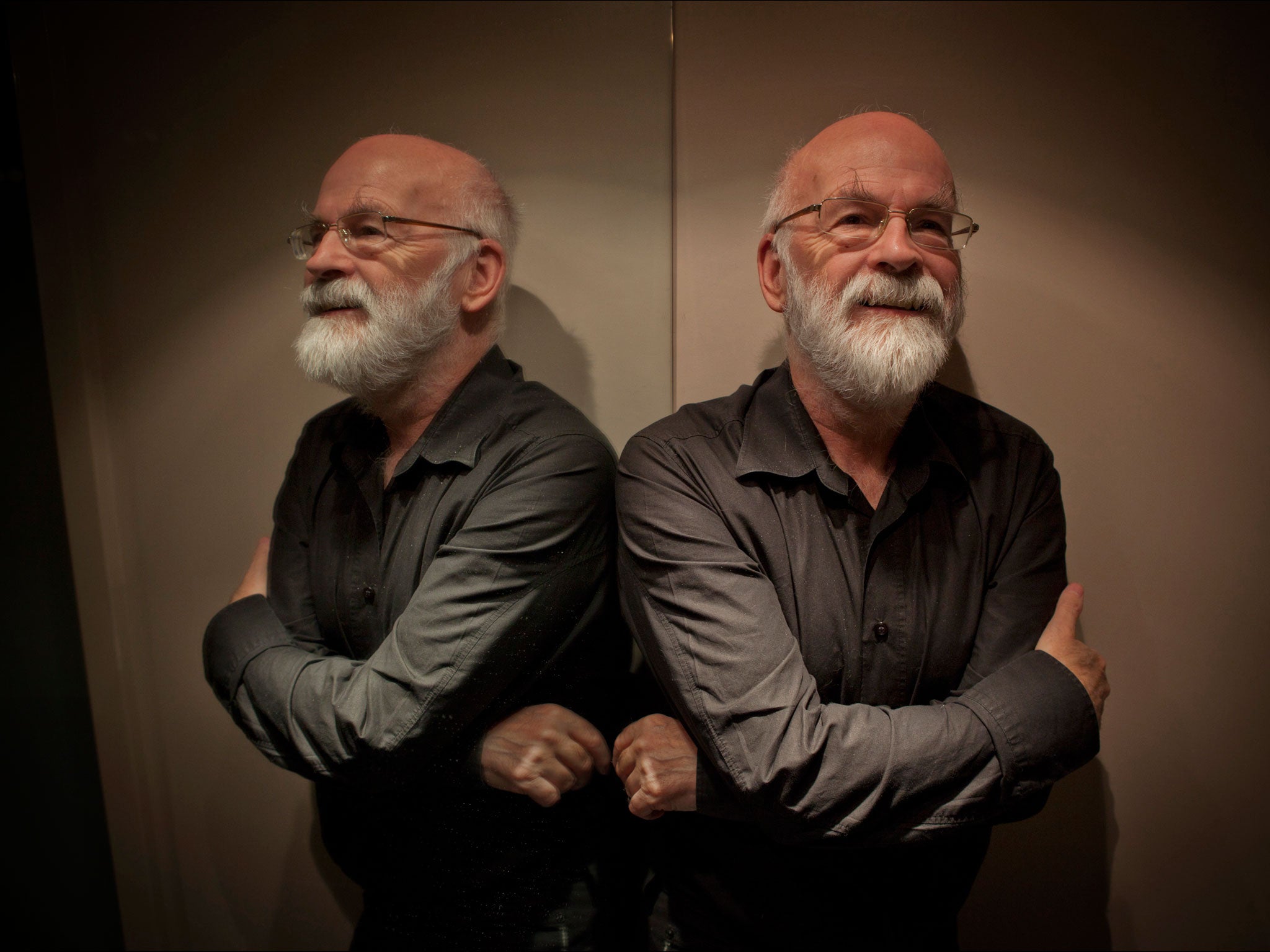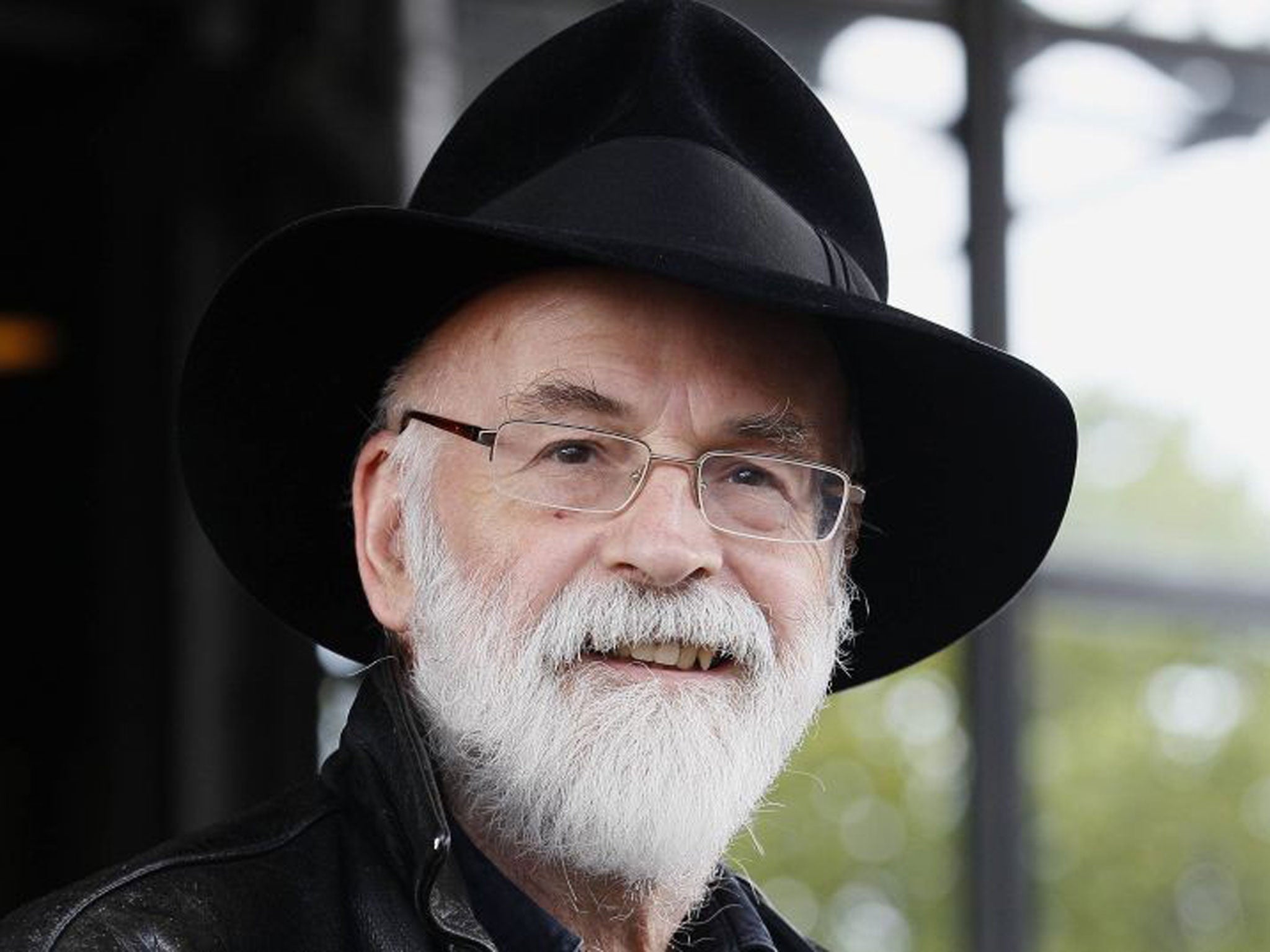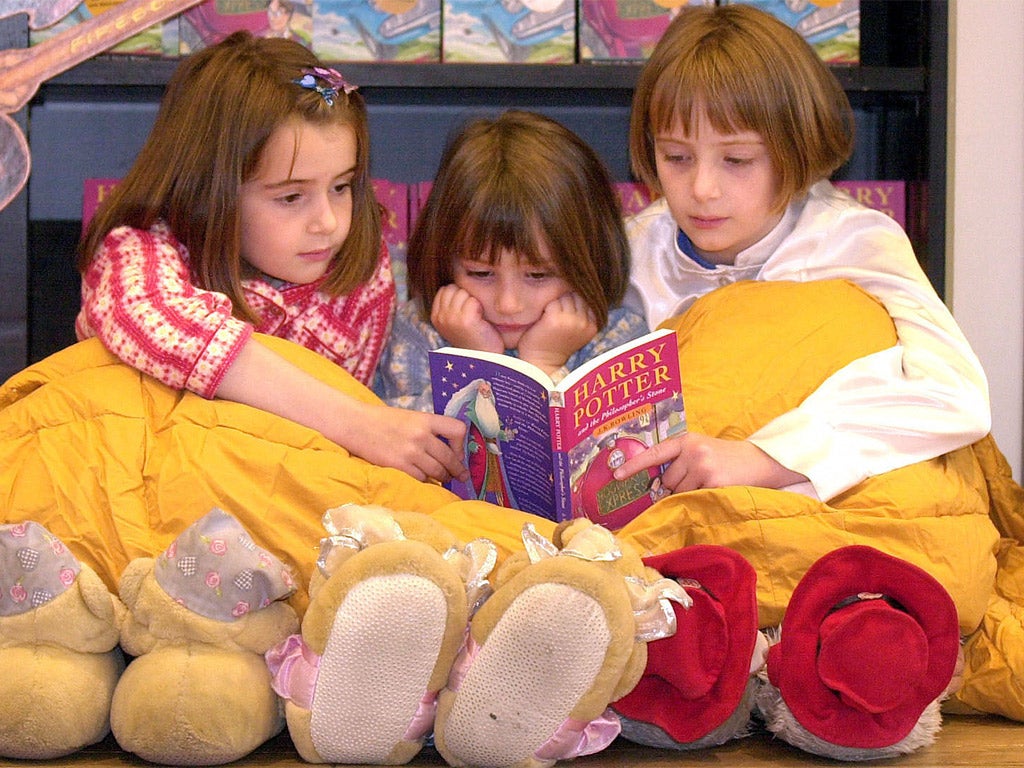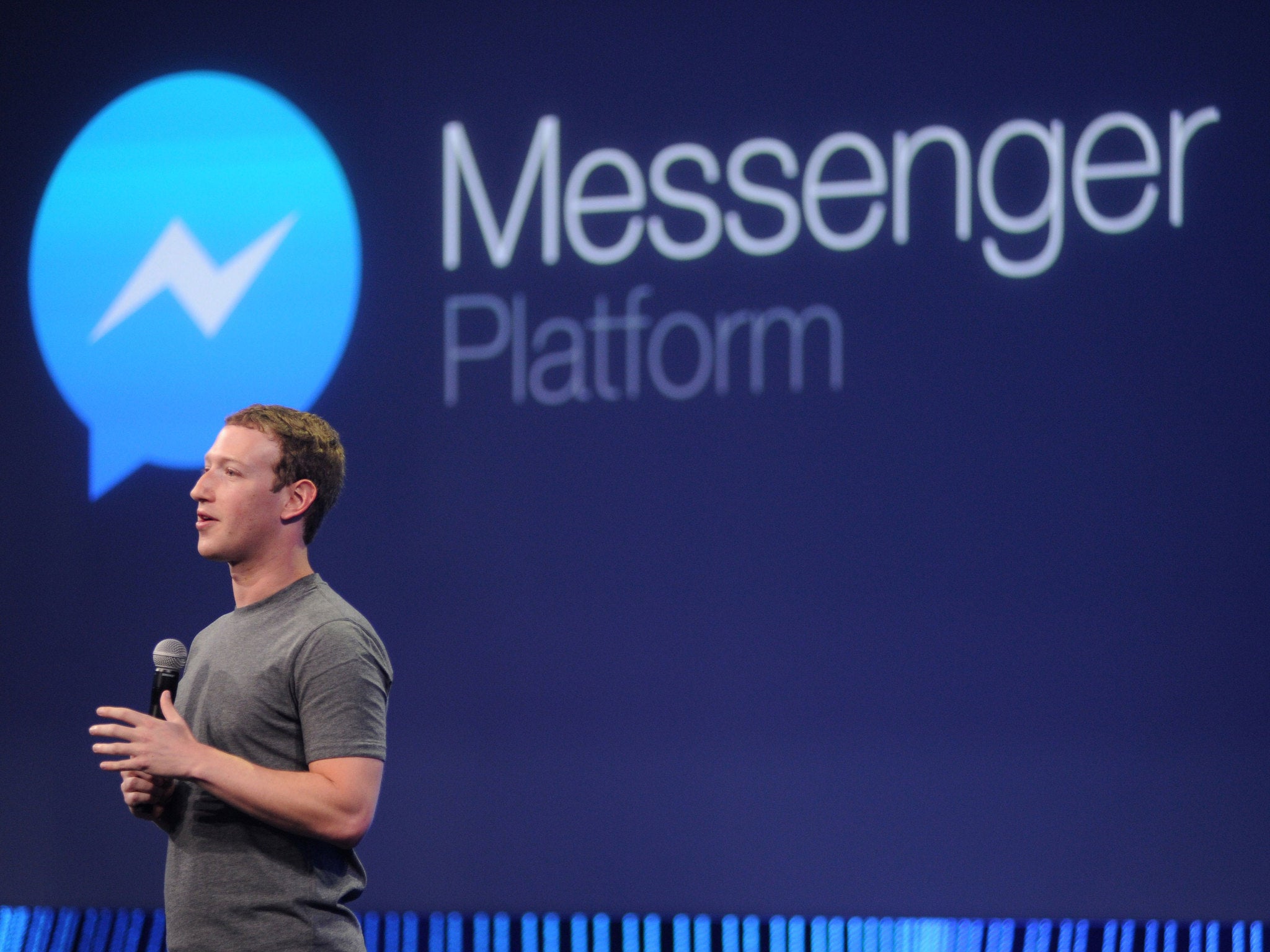We're lucky to have Terry Pratchett's latest novel
How to tell the perfect bedtime tale

Discworld and the fall of Troy
Last week saw the end of an era, and of a world, with the publication of Terry Pratchett’s final novel, The Shepherd’s Crown. It will give his millions of fans one last trip to the Discworld universe, and we’re lucky to have it. Partly, because Pratchett managed to keep writing long after Alzheimer’s had begun to claim corners of his mind. And secondly, because the author didn’t have access to a steamroller. According to his friend Neil Gaiman, Pratchett told his fellow author that anything he was working on when he died should be “taken out along with his computers to be put in the middle of the road and for a steamroller to steamroll over them all”.
Artists are notoriously harsh judges of what should happen to their work after death. Kafka sent a message to Max Brod before he died which read: “Dearest Max, My last request: Everything I leave behind me … to be burned unread.” Luckily, Brod decided to ignore his friend’s request, or the rest of us would need another adjective to describe the experience of trying to reason with our broadband provider.

It’s not a recent phenomenon, either: in 19BC, the poet Virgil died with his great epic poem, The Aeneid, still unfinished after 10 years of painstaking work. We’re told by Suetonius that Virgil spent his mornings composing lines and the afternoons editing them down. (Suetonius compares Virgil’s composition method to that of a mother bear, licking her infant into shape. Suetonius’s grasp of zoology may seem shaky to us, but he was smart enough to keep his distance from a mother bear. And the phrase has passed directly into English: to lick it into shape.)
When Virgil was dying, he insisted that the incomplete poem should be burned. But his wishes were overruled by the Emperor Augustus, without whom we would never have had Virgil’s peerless vision of the fall of Troy, or his unbearably moving tragedy of Dido and Aeneas. So Pratchett is in good company: only the stories of truly great writers end up belonging more to their readers than their creators.
Once upon a time ...
And for the budding storyteller comes new advice this week on the perfect bedtime story. Parents can make no excuses for not having the time to tell one: the ideal length is less than nine minutes, during which time you can also be drinking a large gin (it lubricates the throat). Children would like their story to feature a dragon, a fairy and a wizard, and ideally be set in a castle, which means all you have to do is work out why the dragon got locked in the tower, and how the fairy plans to save him from the wicked wizard.

Proving that children have precisely the same understanding of plot as major Hollywood studio executives (while being vastly less picky eaters), the study finds that children like a hero to have a brief brush with peril, and then be rewarded with a happy ending. Perhaps most worryingly for parents, more than half of the children surveyed liked their story to be acted out, with different voices employed for different characters. Which means that almost half of your kids are wishing you would stop doing that stupid voice. Tough crowd.
New words for old
It’s the time of year when the online version of the Oxford Dictionary adds in its chosen new words. This year, “manspreading” has made the cut (the act of a man expanding to fill all available space on public transport, while those sitting on adjacent seats are forced to inhale their own knees to fit in the remaining gap); as has “beer o’clock”. Some terms, one suspects, have an expiry date: Brexit and Grexit can’t remain in use for ever. It just feels like it whenever anyone says either of them.
And some terms have already been superseded. “Pocket-dial” (meaning to call someone by mistake) has been replaced in my conversations with the more specific “butt-dial”. It is usually from that pocket, after all. But how is “dial” still in use at all? I think I last heard a dialling tone in the mid-Nineties. Perhaps, like “cc” in email (which stands for the gratifyingly retro “carbon copy”), it is just too neat and useful to replace.
Back to black
A new study suggests that goth teenagers have a three-times higher risk of depression than their non-goth counterparts. The researchers admitted they couldn’t tell whether already depressed teens were drawn to goth culture, or whether the sudden prospect of a wardrobe filled with black clothes might have made them miserable.
As someone who almost only wears black (any picture you see of me in a colour is purely to make my mother happy) and who had a profound teenaged commitment to sadness, I offer anecdote rather than data. But I would suggest that once a gothic teen makes it through to about 25, the mismatch you feel between yourself and the world is much reduced. So hang on in there, sorrowful goths: it does get easier. In The Seagull, Masha (an early goth inspiration to me) says she always wears black “because I’m in mourning for my life”. But eventually, you might reach the point where it just goes with everything and saves time.
I’m one in a billion, for now
If you used Facebook last Monday, you were not alone. In fact, you were one of a billion people who logged in that day: Mark Zuckerberg wrote that “One in seven people on Earth used Facebook to connect with their friends and family.” And he might be right, although if my timeline is anything to go by, at least 10 per cent of those users are trying to flog me cheap sunglasses, so who knows if they have time to reach out to their dear old mum at the same time.

The US, Europe and India are now thought of as having achieved “peak Facebook”. In other words, anyone who is likely to use it is already on there – which is why Zuckerberg’s company is now turning its attention to Latin America, Asia and Africa. The trouble is, Facebook’s algorithms are already far keener to share information about people I don’t know than people I do. Imagine how many posts I’ll see from my friends when they have 2 billion users. Perhaps that’ll be my cue to log off.
Ellen E Jones is away
Join our commenting forum
Join thought-provoking conversations, follow other Independent readers and see their replies
Comments